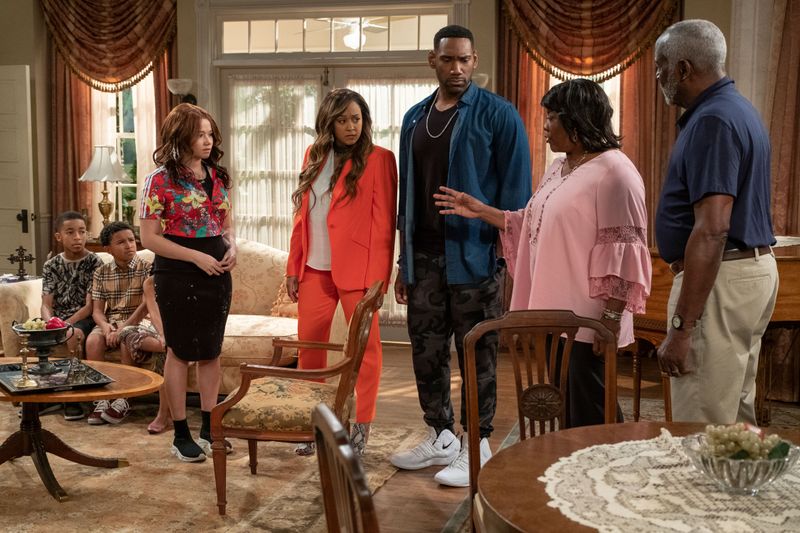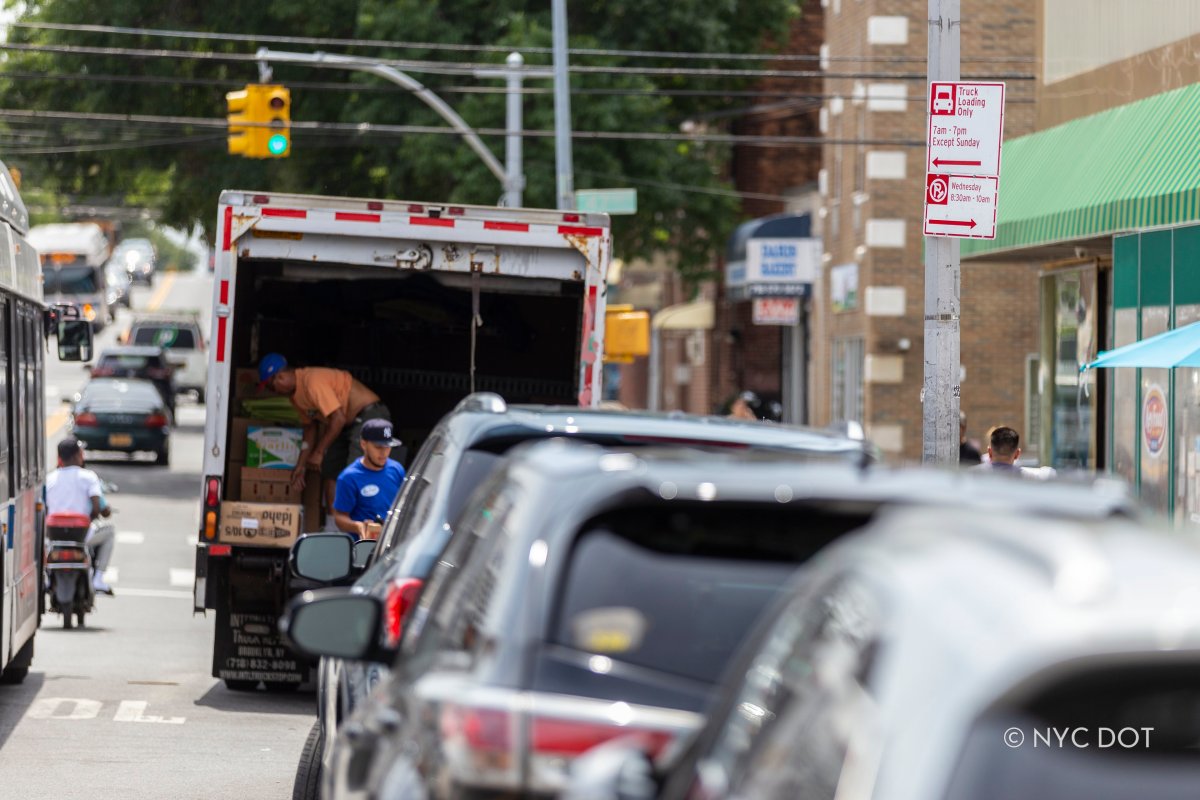NEW YORK (Reuters) – Netflix sitcom “Family Reunion” returns for its second season next week, bringing its mix of comedy and family conflicts back to television screens.
The NAACP Image Award-winning show, which premiered in 2019 and whose first season was presented in two parts, follows a Black family, the McKellans, after they move from Seattle to Columbus, Georgia, to be closer to their relatives.
Reuters spoke to cast members Anthony Alabi, Tia Mowry-Hardrict and Loretta Devine about the series’ return and its popularity.
Below are excerpts edited for brevity and length.
Q: Why do you think the show is popular?
Alabi: “I think we’re relatable. … People see the joy and the positivity in the family and the characters. … I’m sure it’s happened in other shows, but just in recent history, for once, people can watch the show and see that being Black isn’t one-size-fits-all. I think in any family, there’s different opinions, there’s different points of view and I think that’s OK. And that’s something that needs to be seen.”
Mowry-Hardrict: “I also think that the story lines are authentic to the culture. … We all know that … in African-American culture, there’s a sort of religious component to our family dynamic. And I love the way that we are staying true and authentic with that part of African-American culture.”
Q: How does the show mix socially conscious themes and humor?
Devine: “That was one of the aims of the show from the very beginning: to tackle some of the culture and for people to get to know Black people that they are not acquainted with a little bit better by going inside their family.”
“Now they’ve come to a point where their lives are changing … because the finances are not the same as they were in the first season. So, now there are new struggles that we will be attacking. There’s a lot of music and dance because we didn’t want the COVID-19 pandemic view to be what everybody had to deal with.”
(Reporting by Alicia Powell; editing by Jonathan Oatis)



















